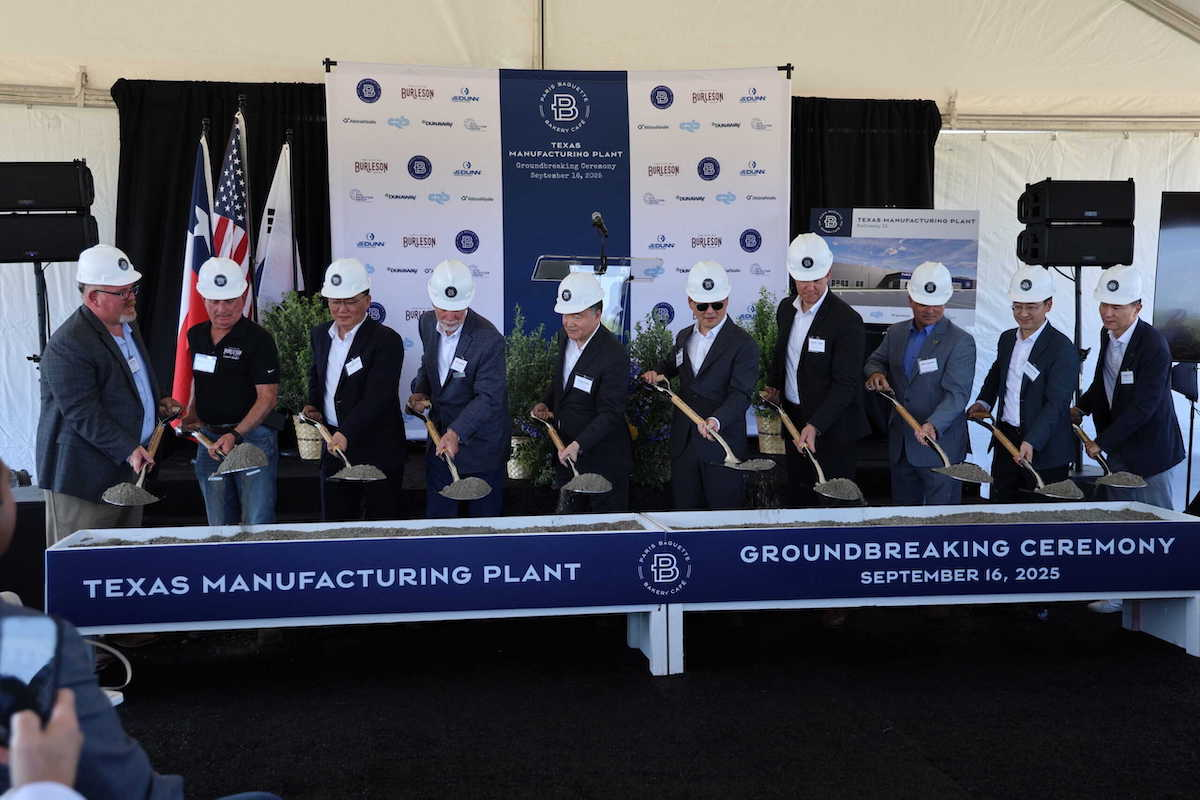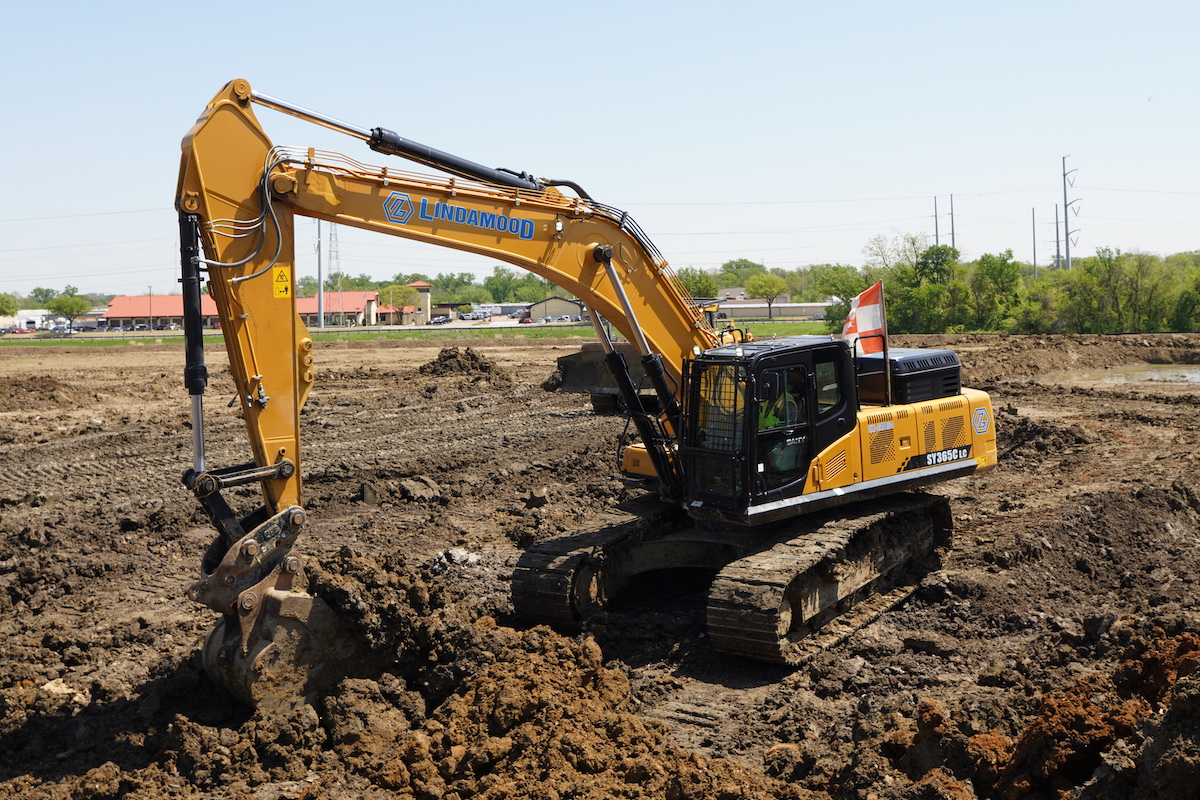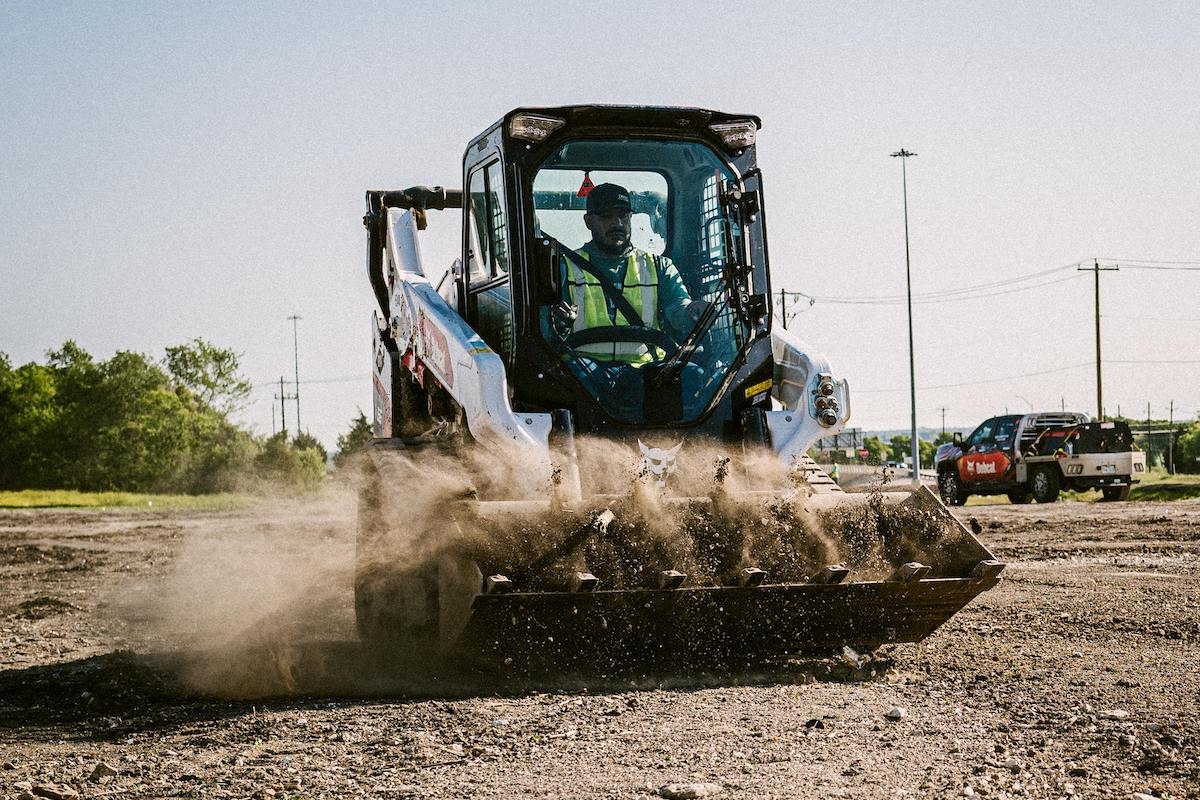By mid-May, most states and municipalities had reopened their construction sites, but the impact was felt by the industry with declines in total construction employment of 14 percent in April 2020 and declines in total construction spend of 5 percent in May 2020, both of which rebounded throughout the summer. One of the leading factors of the rebound was the provisions within the CARES (Coronavirus Aid, Relief and Economic Security) Act, and in particular, the PPP (Paycheck Protection Program). The construction industry was the third-largest sector to utilize the PPP from the initial round of funding, accounting for 12.38 percent of total PPP loans as of June 30, 2020. Construction companies considered the Employee Retention Credit, also known as the employee retention tax credit or ERTC, however in accordance with the CARES Act, PPP loan recipients were ineligible for the ERTC, limiting availability of use.
This changed in December 2020, as Congress passed the CAA (Consolidated Appropriations Act), expanding ERC benefits to more employers retroactively to 2020 and extending the benefits of these provisions into the first two quarters of 2021. Congress has subsequently extended the credit again through December 31, 2021, in the ARP (American Rescue Plan) passed earlier in March.
One of the main provisions was the retroactive ERTC eligibility for employers who had received PPP loans in 2020. Employers with qualified wages paid beyond those required for PPP forgiveness or certain other credits are eligible to apply those wages to the retention credit retroactively for the 2020 tax year, expanding the use cases for the ERTC and the construction industry.
1. An employer fully or partially closed or was otherwise more than nominally affected as a result of government orders or mandates.
2. An employer suffered a 50 percent or 20 percent decline in gross receipts for a quarter(s) in 2020 or 2021, respectively, as compared to the same quarter(s) in 2019.

| Your local Takeuchi Mfg Ltd dealer |
|---|
| Kirby-Smith Machinery |
| Nueces Power Equipment |
Under the governmental order qualifications, an employer must be able to show that a governmental order at the federal, state, or local level affected the operation of the employer’s trade or business by limiting commerce, travel, or group meetings. Any construction employer forced to close, reduce, or cancel operations by jurisdictional order that is a normal source of business may meet this requirement if they also paid some of the furloughed employees’ health benefits, or if they paid employees for hours in which they could not work because of closures, reductions, etc. Those construction companies that were deemed essential that voluntarily closed – or that were otherwise not forced to close under orders – have a higher burden to prove the applicability of governmental orders on their businesses but may still be able to qualify for the ERTC. It is important to note that a mere reduction in business due to the overall economy is not sufficient to meet the requirement.
Each employer’s situation will likely vary because of the businesses’ location, jurisdictional orders affecting the construction job sites, and economic impacts in the relevant periods. As governmental orders varied from jurisdiction to jurisdiction, employers need to consider the eligibility requirements in light of the facts and circumstances in place for each period, location, and their organization as a whole.
Alternatively, an employer can also qualify for the ERTC by showing a reduction in gross receipts for a quarter in any of the eligible periods as compared to 2019 levels. If an employer can show the aggregated gross receipts for a quarter in 2020 and/or 2021, are 50 percent or less and 20 percent or less, respectively, than the same quarter in 2019 (for 2021 gross receipts, an employer can elect to use the previous quarter), they are eligible for the ERTC.
Based on the current status of the industry and many construction companies being able to proceed with work, as well as historic backlogs heading into the pandemic, most construction companies have been eligible under the governmental order guidelines identified above, rather than the gross receipts eligibility guidelines. While this may not be the case for all construction companies as those servicing certain industries (like hospitality or retail) may have seen declines in gross receipts, it is likely that most companies in the industry have not seen significant enough declines to be able to qualify under the gross receipts threshold.
It should also be noted that in determining the eligible employer for the gross receipts test and total employee number for the determination of qualified wages, an employer must aggregate all related companies.

| Your local Astec dealer |
|---|
| Closner Equipment Co Inc |
One final note for an employer considering retroactive application of the ERTC is that 2020 income tax returns may require an extension for the necessary due diligence to document eligible wages for ERC. The retroactive 2020 ERTC requires filing an amended Form 941-X. An employer should exclude any ERTC amount filed on the Forms 941 or 941-X from its wage deduction on the 2020 income tax return. Employers’ likely need to extend the 2020 tax return to reflect a proper income tax filing either by waiting until calculating the final number or by filing a superseded return with the final number.






































































